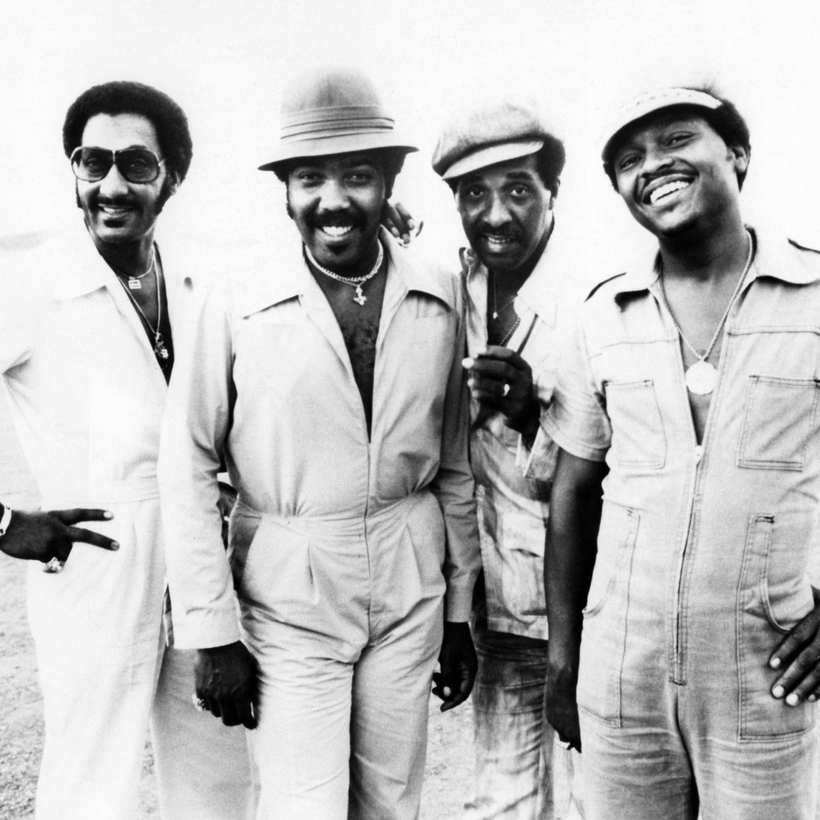I’ll Be There: My Life with the Four Tops by Duke Fakir
When I was 14, whether from an abundance of caution or immodesty, I put my Desert Island Disc selections on paper. The list has been lost, thankfully, and in any case I cheated, because I picked albums rather than single recordings. But I do remember my No. 1 choice, as it remains my first and probably always will: Four Tops Second Album.
The Tops—Levi Stubbs, Abdul “Duke” Fakir, Renaldo “Obie” Benson, and Lawrence Payton—were the coolest, dressed the sharpest, and sang like angels. I doubt I’m alone in supposing that Stubbs’s voice must be what God sounds like.


